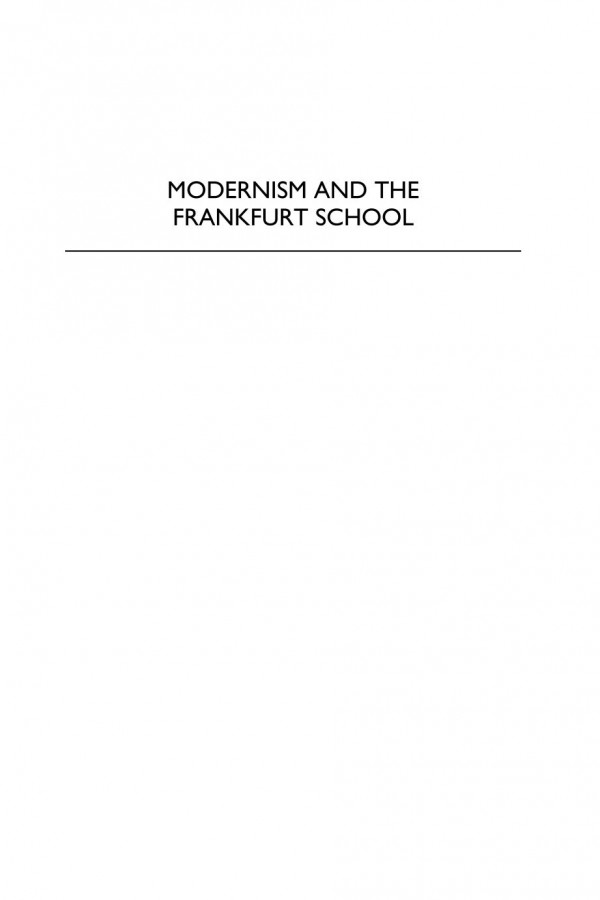

Most ebook files are in PDF format, so you can easily read them using various software such as Foxit Reader or directly on the Google Chrome browser.
Some ebook files are released by publishers in other formats such as .awz, .mobi, .epub, .fb2, etc. You may need to install specific software to read these formats on mobile/PC, such as Calibre.
Please read the tutorial at this link: https://ebookbell.com/faq
We offer FREE conversion to the popular formats you request; however, this may take some time. Therefore, right after payment, please email us, and we will try to provide the service as quickly as possible.
For some exceptional file formats or broken links (if any), please refrain from opening any disputes. Instead, email us first, and we will try to assist within a maximum of 6 hours.
EbookBell Team

4.4
92 reviewsTyrus Miller's book offers readers a focused introduction to the Frankfurt School's important attempts to relate the social, political, and philosophical conditions of modernity to innovations in twentieth-century art, literature, and culture. The book pursues this interaction of modernity and modernist aesthetics in a two-sided, dialectical approach. Not only, Miller suggests, can the Frankfurt School's penetrating critical analyses of the phenomena of modernity help us develop more nuanced, historically informed and contextually sensitive analyses of modernist culture; but also, modernist culture provides a field of problems, examples, and practices that intimately affected the formation of the Frankfurt School's theoretical ideas.
The individual chapters, which include detailed discussions of Walter Benjamin, Theodor Adorno, Herbert Marcuse as well as a survey of later Frankfurt School influenced thinkers, discuss the ideas of a given figure with an emphasis on particular artistic media or contexts: Benjamin with lyric poetry and architecture as urban art forms; Adorno with music; Marcuse with the liberationist art performances and happenings of the 1960s.